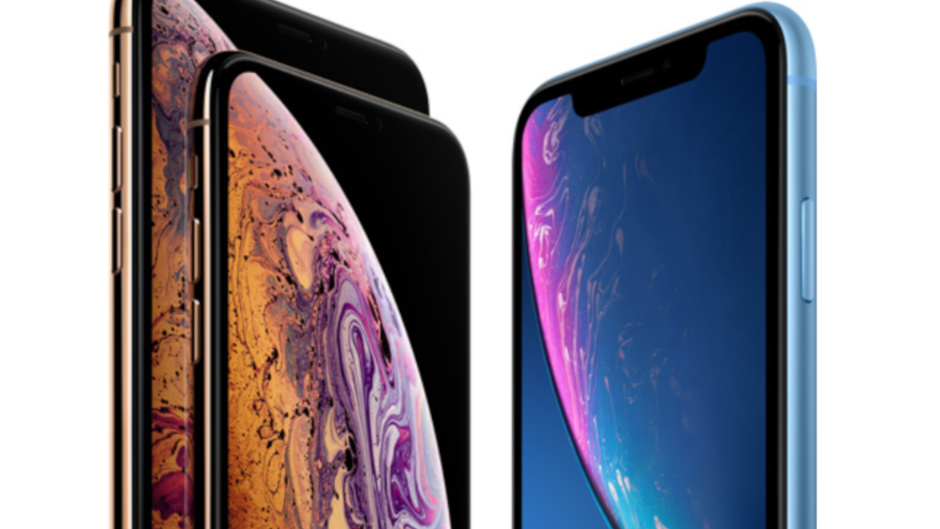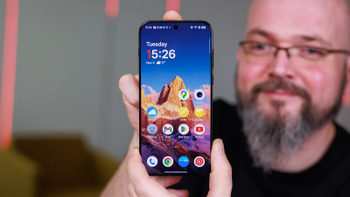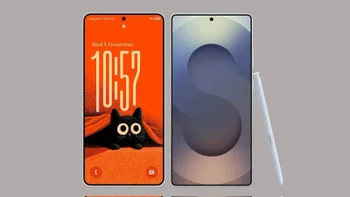Will a ruling due Tuesday lead to a U.S. sales ban on the Apple iPhone?

Since the end of last year, Qualcomm has won patent infringement suits against Apple in China, Germany and in the U.S. On Tuesday, the United States International Trade Commission (ITC) will make a final decision on whether Qualcomm should be granted its request for a sales and import ban in the U.S. on certain Apple iPhone models. Last September, an ITC judge ruled that Apple infringed on a Qualcomm patent related to a power savings feature, but refused to order the ban because he said it would harm competition in the modem chip market.
But ITC rules require the entire commission to review the decision made by ITC Judge Thomas Pender, and that ruling is expected on March 26th. During the initial hearing, Apple successfully argued that blocking imports of iPhone models containing Intel modem chips would prevent the competition between Intel and Qualcomm needed to develop 5G, from taking place. Apple also has created a workaround in iOS that prevents the iPhone from infringing on Qualcomm's patent. The chip maker says that Apple's workaround contradicts the company's contention that the sales and import ban should not be imposed by the ITC.
From 2011-2015, Apple exclusively used modem chips from Qualcomm for the iPhone. In 2016-2017, Apple used modem chips from both Qualcomm and Intel before dropping Qualcomm completely from last year's models. The numerous suits that Qualcomm filed against Apple led the latter to make that decision. Intel says that if the exclusion order is issued and becomes final, it will force the company to leave the modem chip business.
Would the president sign off on an Exclusion Order against Apple and the iPhone?
If the full ITC decides to place an Exclusion Order on the iPhone, the president has 60 days to review it. If, within this period of time the president agrees to the order, or fails to disapprove it within 60 days, the order becomes final. It is unclear what President Donald Trump would do if the ITC does rule in favor of a sales and import ban on the iPhone. During the presidential campaign, Trump called for a boycott of Apple for not allowing the FBI to open a locked iPhone 5c belonging to San Bernardino shooter Syed Farook.
Trump also has criticized Apple for not moving overseas production of its devices to the U.S. On the other hand, Trump has since met a number of times with Apple CEO Tim Cook, and could feel the need to protect one of the country's most important tech firms. The president's decision last year to defend Chinese phone manufacturer ZTE from a U.S. export ban placed on it by the U.S. Commerce Department (that threatened to shut down the company), might make it hard for him to sign off on an ITC Exclusion Order against Apple.
Trump himself is an iPhone user, and has two unsecured units at his disposal. One unspecified model is used for his infamous tweets and is also loaded with several apps that deliver news to the president (no doubt Fox News is one of them). A second iPhone is used for calls only and is referred to as his "burner phone."
Tables turn on Qualcomm as it is accused of patent infringement
Speaking of the ITC and Qualcomm, Reuters reported today that the tables have turned on Qualcomm. The U.S. ITC has agreed to hear claims from a company called Innovative Foundry Technologies LLC. The Intellectual Property holding company, based in New Hampshire, alleges that Qualcomm, MediaTek and smartphone manufacturers based in China that use chips from these firms, infringed on its patents. These patents deal with the design and manufacture of semiconductors. Besides holding hearings based on these claims, the ITC has started investigating the matter. The commission has yet to announce a date when the hearings will start.
Follow us on Google News









![A new Android bug is making it impossible to install new apps. Are you affected? [UPDATE]](https://m-cdn.phonearena.com/images/article/176703-wide-two_350/A-new-Android-bug-is-making-it-impossible-to-install-new-apps.-Are-you-affected-UPDATE.webp)


Things that are NOT allowed:
To help keep our community safe and free from spam, we apply temporary limits to newly created accounts: